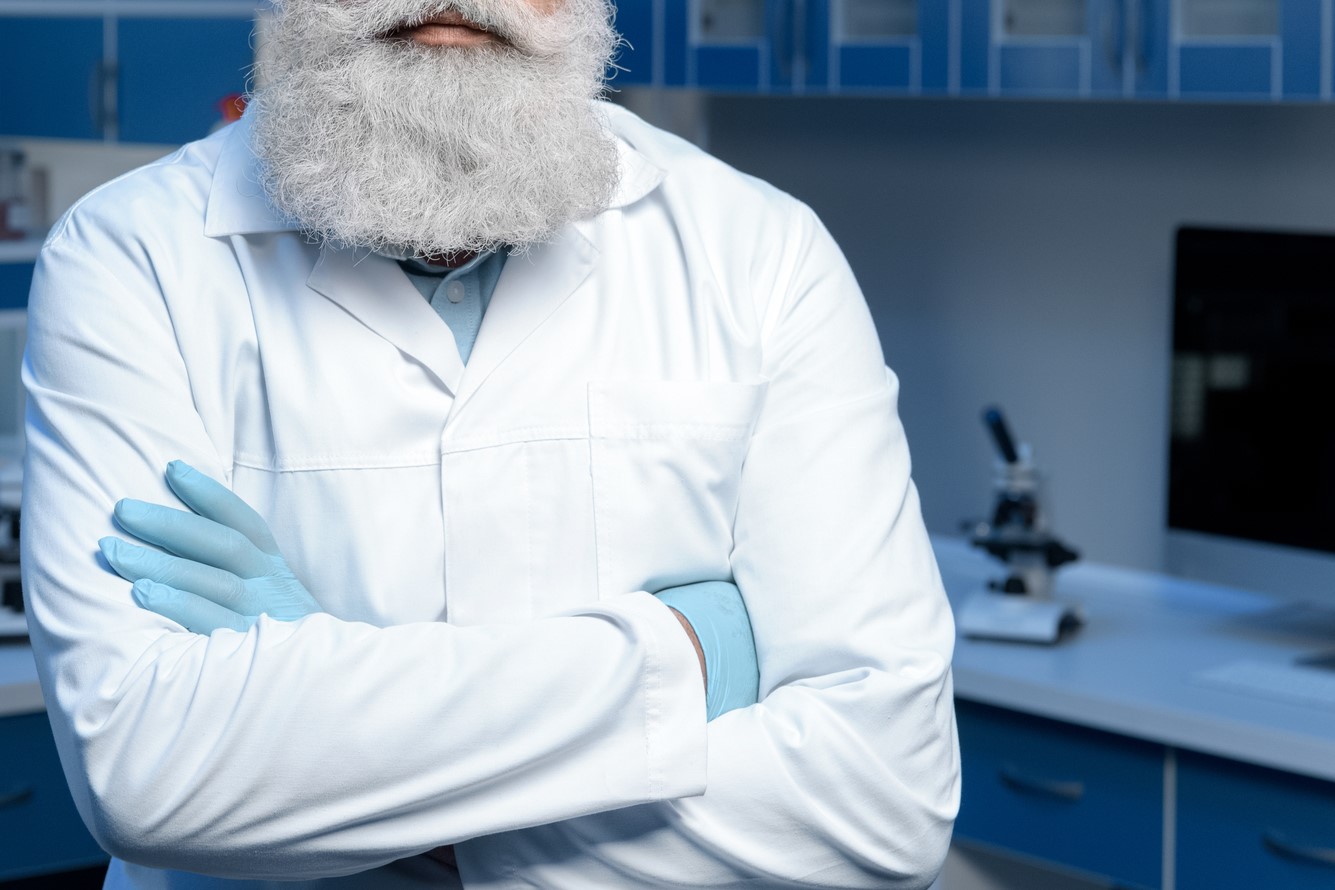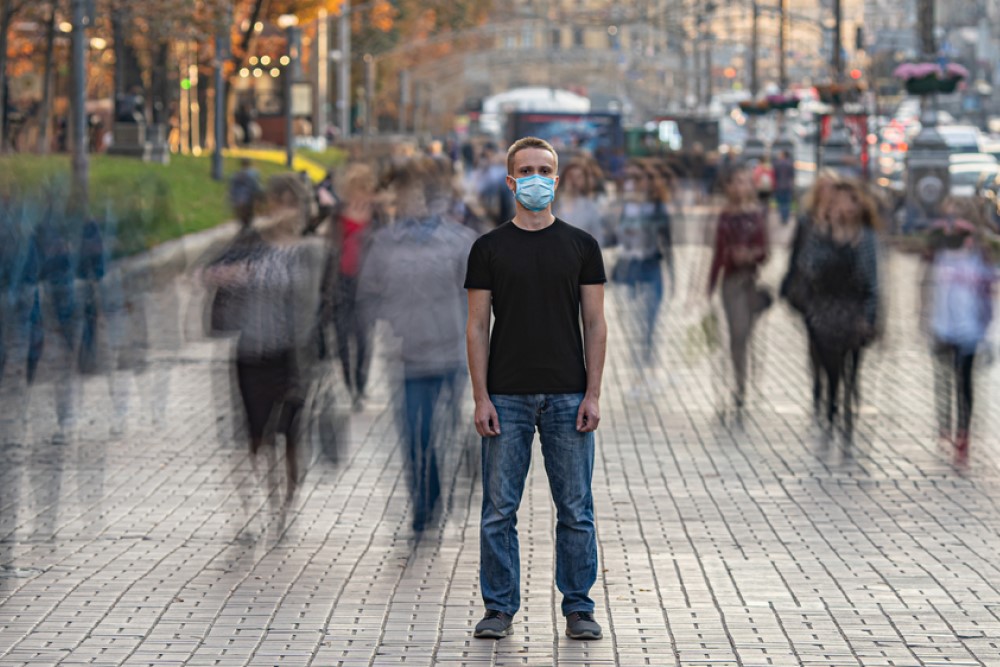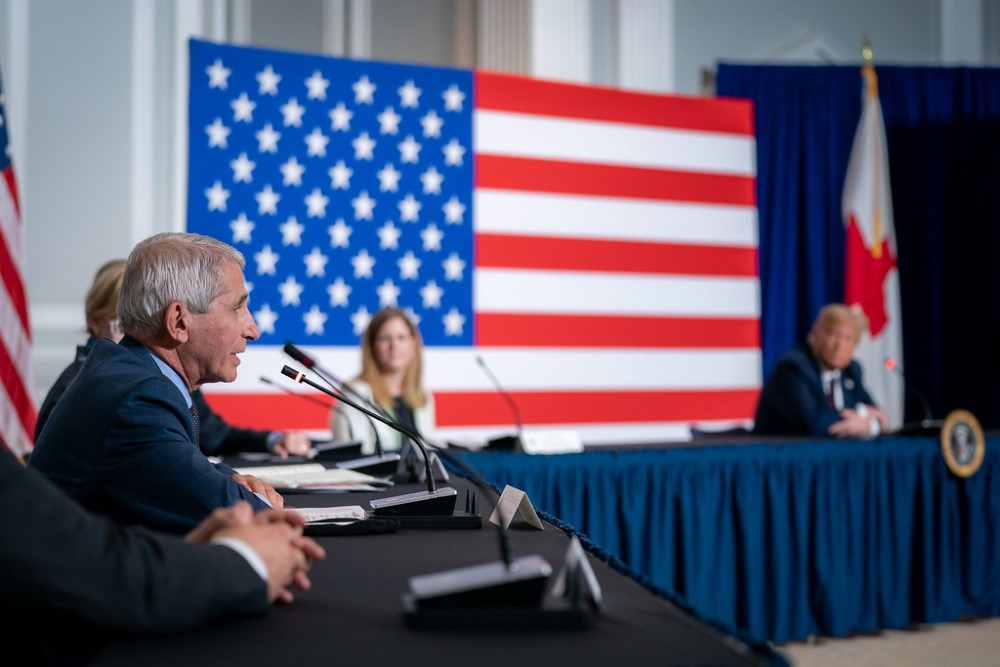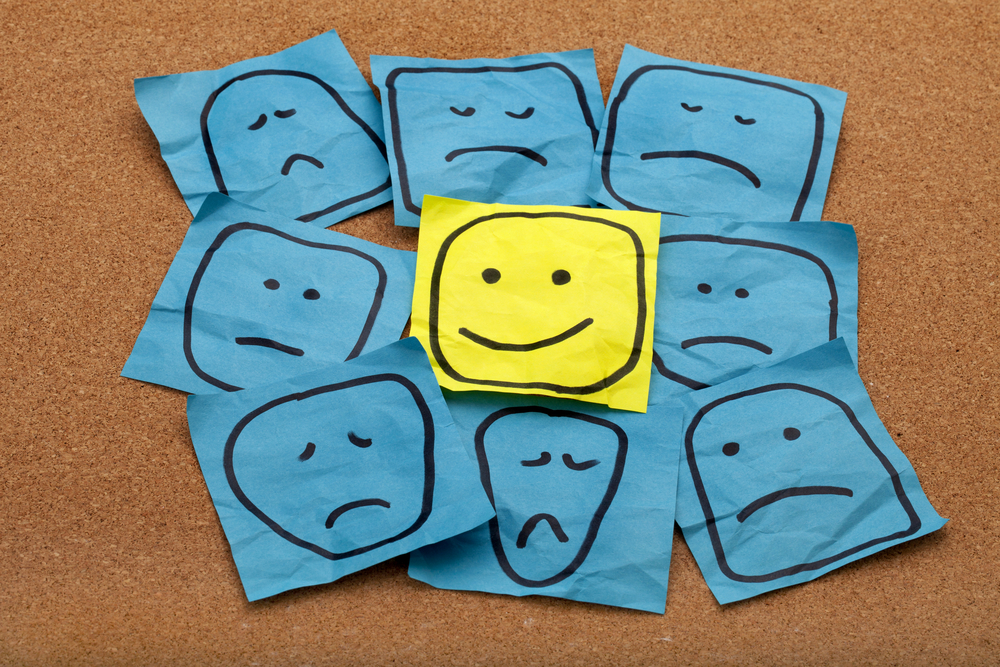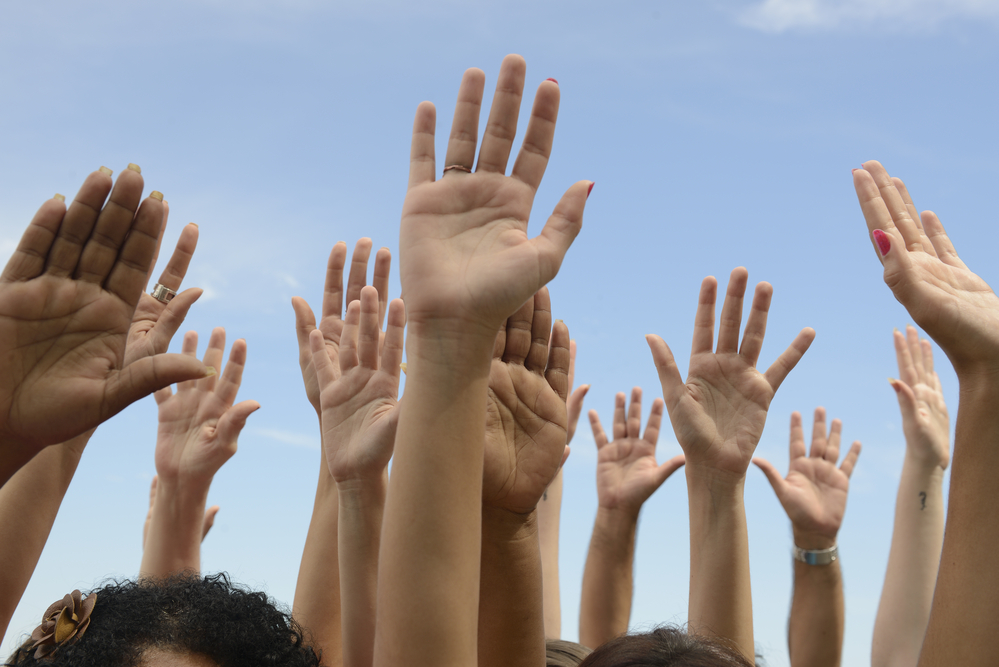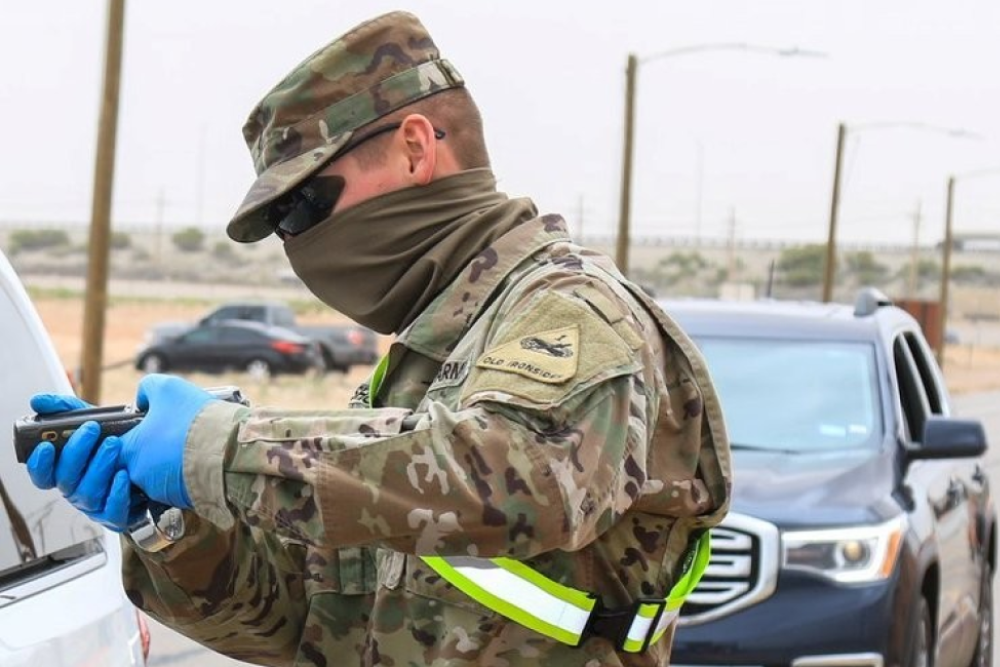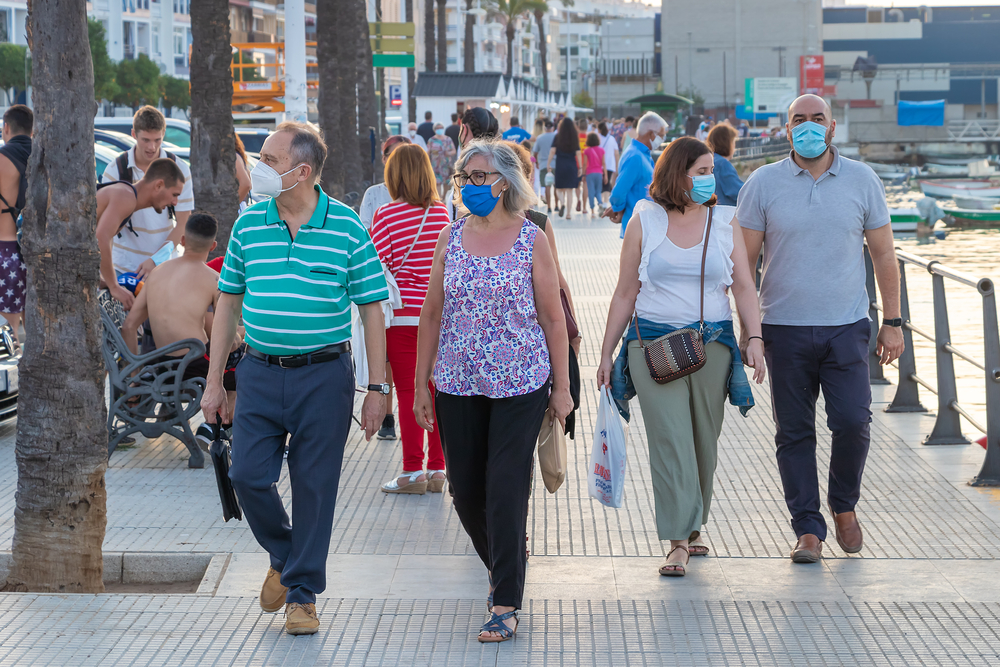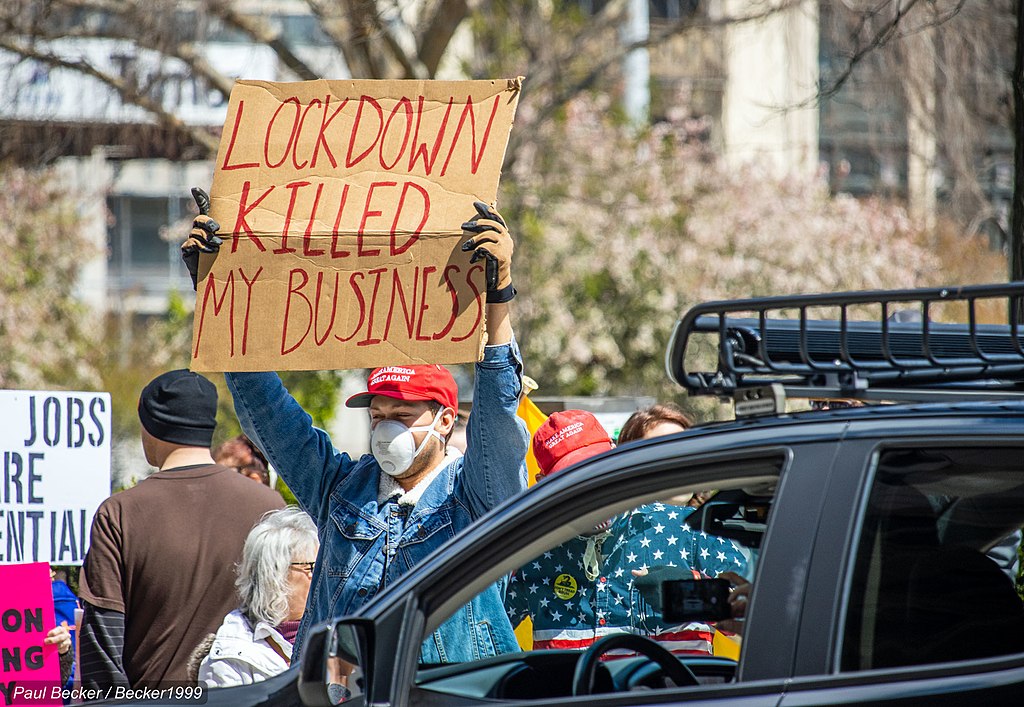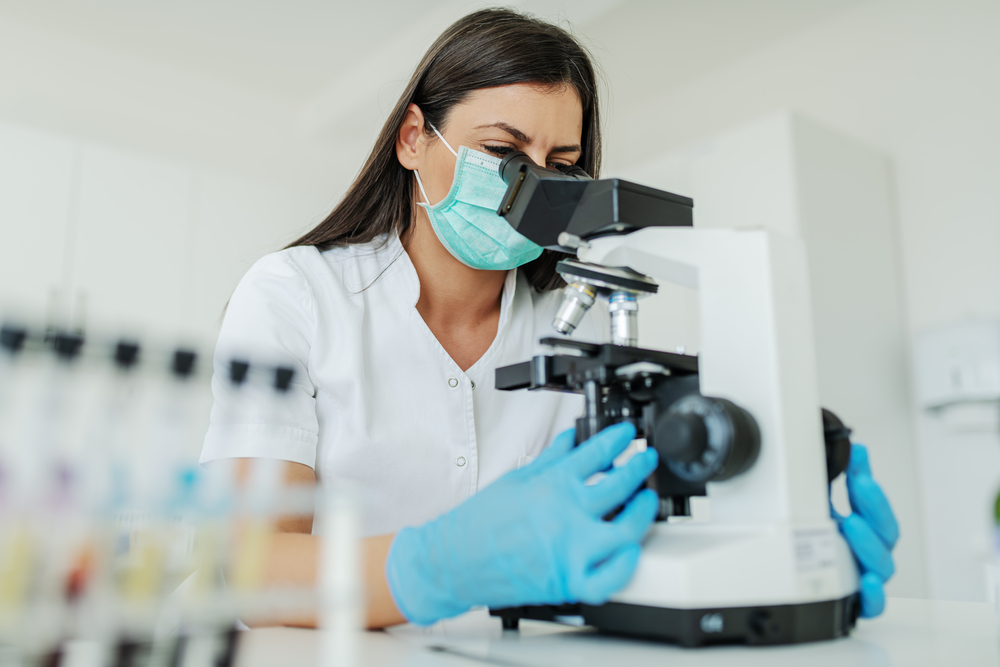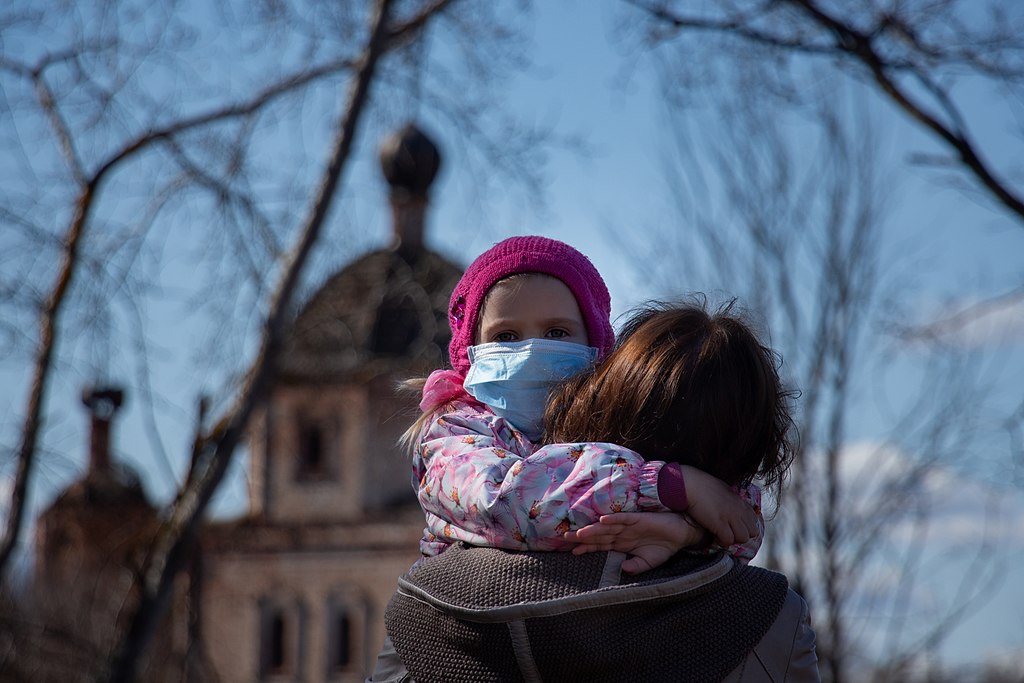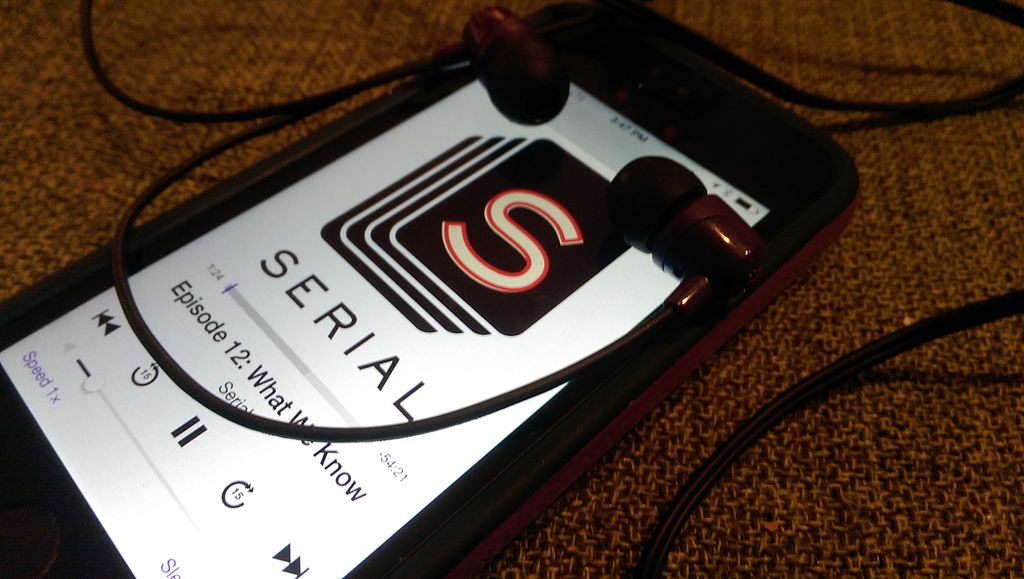This article has a set of discussion questions tailored for classroom use. Click here to download them. To see a full list of articles with discussion questions and other resources, visit our “Educational Resources” page.
Admitting that someone has special knowledge that we don’t or can do a job that we aren’t trained for is not very controversial. We rarely hesitate to hire a car mechanic, accountant, carpenter, and so on, when we need them. Even if some of us could do parts of their jobs passably well, these experts have specialized training that gives them an important advantage over us: They can do it faster, and they are less likely to get it wrong. In these everyday cases, figuring out who is an expert and how much we can trust them is straightforward. They have a sign out front, a degree on the wall, a robustly positive Google review, and so on. If we happen pick the wrong person—someone who happens to be incompetent or a fraud—we haven’t lost much. We try harder next time.
But as our needs get more complicated, for example, when we need information about a pandemic disease and how best to fight it, as our need for that kind of scientific information is politicized, figuring out who the experts are and how much to trust them is less clear.
Consider a question as seemingly simple as whether surgical masks help contain COVID-19. At first, experts said everyone should wear masks. Then other experts said masks won’t help against airborne viruses because the masks do not seal well enough to stop the tiny viral particles. Some said that surgical masks won’t help, but N95 masks will. Then some experts said that surgical masks could at least help keep you from getting the disease from others’ spittle, as they talk, cough, and sneeze. Still other experts said that even this won’t do because we touch the masks too often, undermining their protective capacity. Yet still others say that while the masks cannot protect you from the virus, they can protect others from you if you happen to be infected, “contradicting,” as one physician told me, “years of dogma.”
What are we to believe from this cacophony of authorities?
To be sure, some of the confusion stems from the novelty of the novel coronavirus. Months into the global spread, we still don’t know much about it. But a large part of the burden of addressing the public health implications lies not just in expert analysis but how expert judgments are disseminated. And yet, I have questions: If surgical masks won’t keep me from getting the infection because they don’t seal well enough, then how could they keep me from giving it to others? Is the virus airborne or isn’t it? What does “airborne” mean in this context? How do we pick the experts out of this crowd of voices?
Most experts are happy to admit that the world is messier than they would prefer, that they are often beset by the fickleness of nature. And after decades of research on error and bias, we know that experts, just like the rest of us, struggle with biased assumptions and cognitive limitations, the biases inherent in how those before them framed questions in their fields, and by the influence of competing interests—even if from the purest motives—for personal or financial ends. People who are skeptical of expertise point to these deficiencies as reasons to dismiss experts.
But if expertise exists, really exists, not merely as a political buzzword or as an ideal in the minds of ivory tower elitists, then, it demands something from us.
Experts understand their fields better than novices. They are better at their jobs than people who have not spent years or decades doing their work. And thus, when they speak about what they do, they deserve some degree of trust.
Happily, general skepticism about expertise is not widely championed. Few of us — even in the full throes of, for example, the Dunning-Kruger Effect — would hazard jumping into the cockpit of an airplane without special training. Few of us would refuse medical help for a severe burn or a broken limb. Unfortunately, much of the skepticism worth taking seriously attaches to topics that are likely to do more harm to others than to the skeptic: skepticism about vaccinations, climate change, and the Holocaust. If you happen to fall into one of these groups at some point in your life — I grew up a six-day creationist and evolution-denier — you know how hard it is to break free from that sort of echo chamber.
But even if you have extricated yourself from one distorted worldview, how do you know you’re not trapped in another? That you aren’t inadvertently filtering out or dismissing voices worth listening to? This is a challenge we all face when up against a high degree of risk in a short amount of time from a threat that is new and largely unknown and that is now heavily politicized.
Part of what makes identifying and trusting experts so hard is that not all expertise is alike. Different experts have differing degrees of authority.
Consider someone working in an internship in the first year out of medical school. They are an MD, and thus, an expert of sorts. Unfortunately, they have very little clinical experience. They have technical knowledge but little competence applying it to complex medical situations.
Modern medicine has figured out how to compensate for this lack of experience. New doctors have to train for several years under a licensed physician before they can practice on their own. To acquire sufficient expertise, they have to be immersed into the domain of their medical specialty. The point is that not every doctor has the same authority as every other, and this is true for other expert domains, as well.
A further complication is that types of expertise differ in how much background information and training is required to do their jobs well. Some types of expertise are closer to what philosopher Thi Nguyen calls our “cognitive mainland.” This mainland refers to the world that novices are familiar with, the language they can make sense of. For example, most novices understand enough about what landscape designers do to assess their competence. They can usually find reviews of their work online. They can even go look at some of their work for themselves. Even if they don’t know much about horticulture, they know whether a yard looks nice.
But expertise varies in how close to us it is. For example, what mortgage brokers do is not as close to us as landscapers. It is further away from our cognitive mainland, out at sea, as it were. First-time home buyers need a lot of time to learn the language associated with the mortgage industry and what it means for them. The farther out an expert domain is from a novice’s mainland, the more likely they are on what Nguyen calls a “cognitive island,” isolated from resources that would let novices make sense of their abilities and authority.
Under normal circumstances, novices have some tools for deciding who is an expert and who is not, and for deciding which experts to trust and which to ignore. This is not easy, but it can be done. Looking up someone’s credentials, certifications, years of experience, recommendations, track records, and so on, can give novices a sense of someone’s competence.
As the expertise gets farther from novices’ cognitive mainland, they can turn to other experts in closely related fields to help them make sense of it. In the case of mortgages, for example, they might have a friend who works in real estate or someone in banking to help translate the relevant bits to us in a way that meets our need. In other words, they can use “meta-experts,” experts in a closely related domain who understand enough of the domain to help them choose experts in that domain wisely.
Unfortunately, during a public health emergency, uncertainty, time constraints, and politicization mean that all of these typical strategies can easily go awry. Experts who feel pressured by society or threatened by politicians can — even if inadvertently — manufacture a type of consensus. They can double-down on a way of thinking about a problem for the sake of maintaining the authority of their testimony. In some cases, this is a simple matter of groupthink. In other cases, it can seem more intentional, even if it isn’t.
Psychologist Philip Tetlock, in his book with Dan Gardner Superforcasting: The Art and Science of Prediction (2015), explains how to prevent this sort of consensus problem by bringing together diverse experts on the same problem and suspending any hierarchical relationships among them. If everyone feels free to comment and if honest critique is welcomed, better decisions are made. In Are We All Scientific Experts Now? (2014), sociologist Harry Collins contends that this is also how peer review works in academic settings. Not everyone who reviews a scientific paper for publication is an expert in the narrow specialization of the researcher. Rather, they understand how scientific research works, the basic terminology used in that domain, and how new information in domains like it is generated. Not only can experts in related domains allow us to challenge groupthink and spur more creative solutions, they can help identify errors in research and reasoning because they understand how expertise works.
These findings are helpful for novices, too. They suggest that our best tool for identifying and evaluating expertise is, rather than pure consensus, consensus among a mix of voices close to the domain in question.
We might call this meta-expert consensus. Novices need not be especially close to a specialized domain to know whether someone working in it is trustworthy. They only have to be close enough to people close to that domain to recognize broad consensus among those who understand the basics in a domain.
Of course, how we spend our energy on experts matters. There are many questions that political and institutional leaders face that the average citizen will not. The average person need not invest energy on highly specialized questions like:
- How should hospitals fairly allocate scarce resources?
- How do health care facilities protect health care workers and vulnerable populations from unnecessary risks?
- How can we stabilize volatile markets?
- How do we identify people who are immune from the virus quickly so they can return to the workforce?
The payoff is too low and the investment too significant.
On the other hand, there are questions worth everyone’s time and effort:
- Should I sanitize my groceries before or when I bring them into my living space?
- How often can I reasonably go out to get groceries and supplies?
- How can I safely care for my aging parent if I still have to go to work?
- Should I reallocate my investment portfolio?
- Can I still exercise outdoors?
Where are we on the mask thing? It turns out, experts at the CDC are still debating their usefulness under different conditions. But here’s an article that helps make sense of what experts are thinking about when they are making recommendations about mask-wearing.
The work required to find and assess experts is not elegant. But neither is the world this pandemic is creating. And understanding how expertise works can help us cultivate a set of beliefs that, if not elegant, is at least more responsible.

